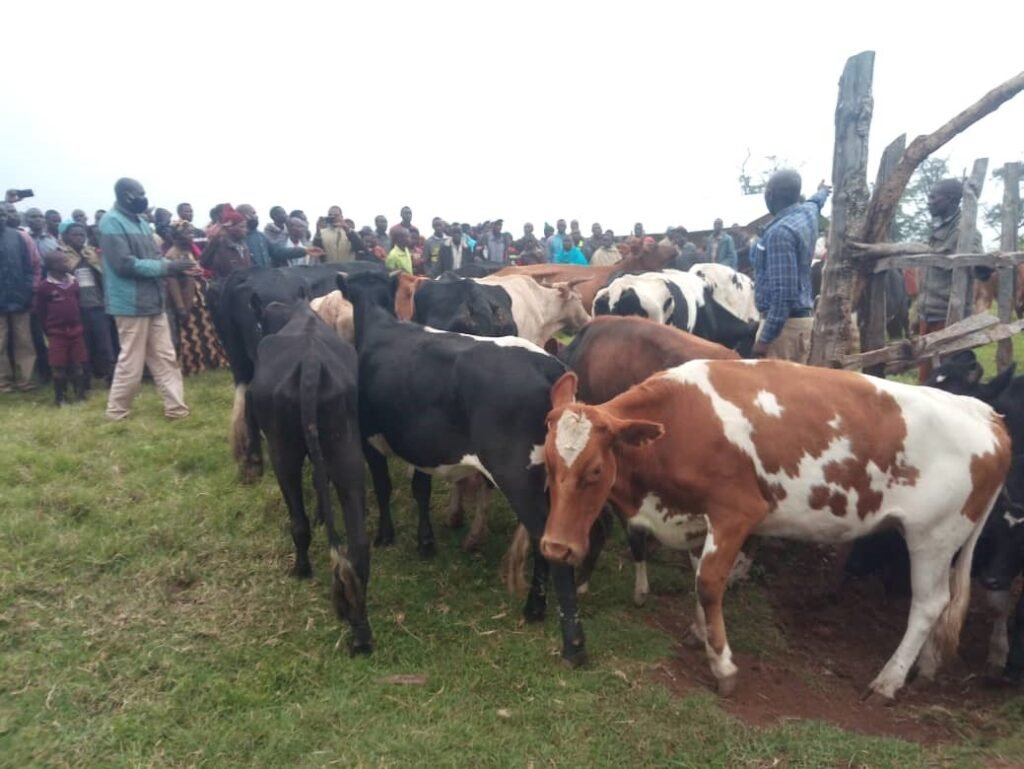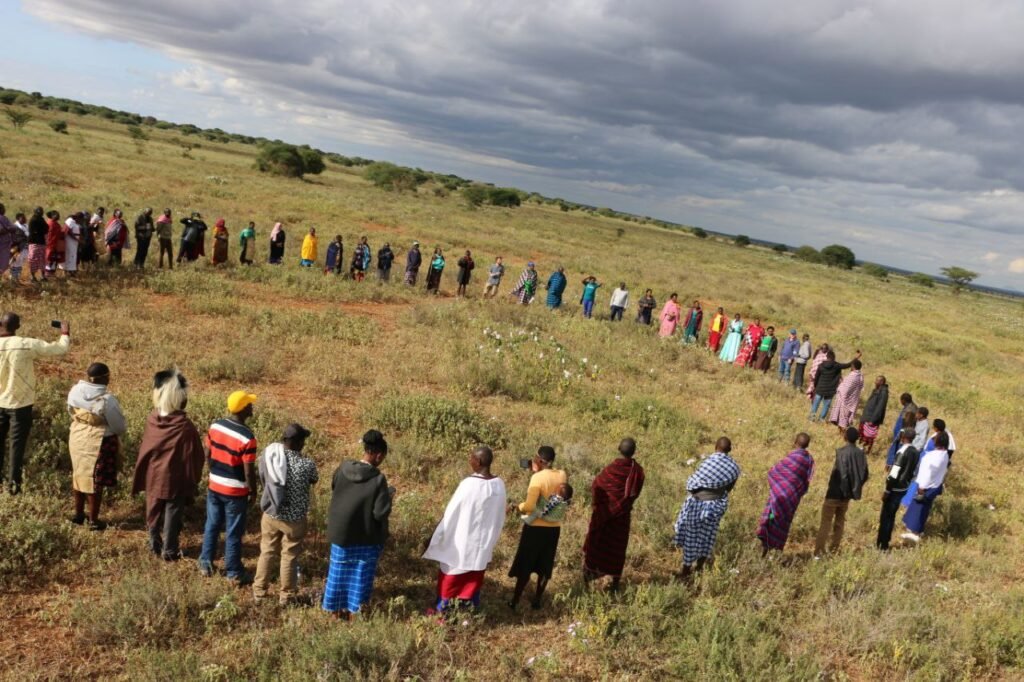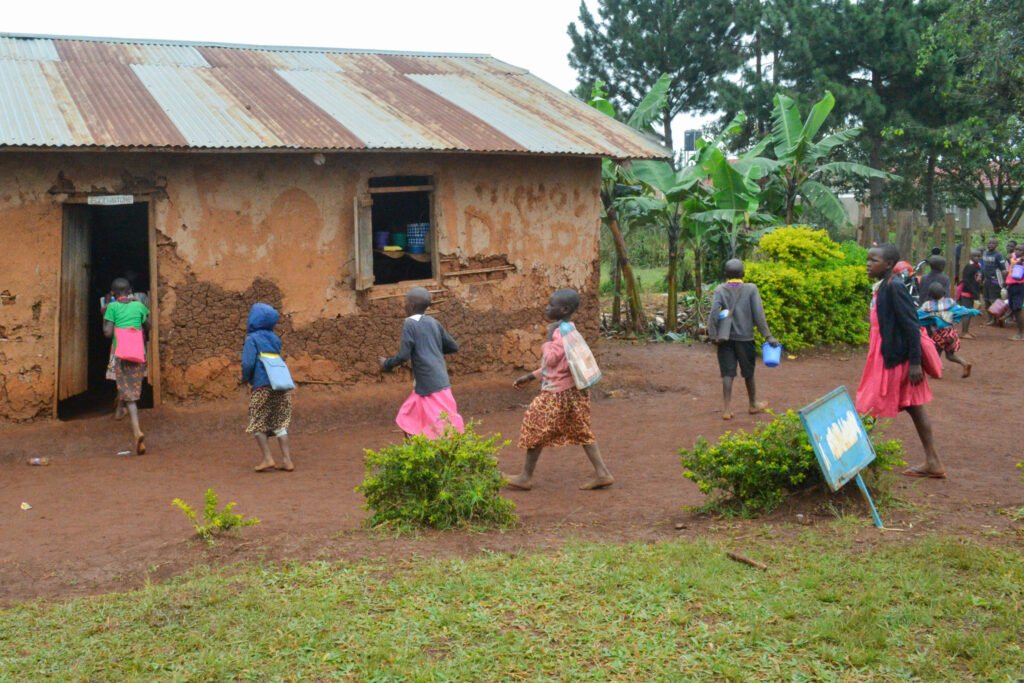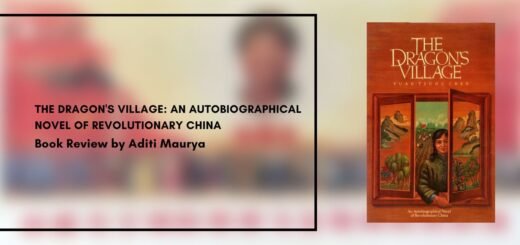The Benet Land Crisis and its State of Impasse

Introduction
This article highlights the land crisis faced by the Benet community of Uganda, an indigenous pastoral community that has been historically settled in the higher slopes of the forests of Mount Elgon, using forest resources as part of their subsistence livelihood. It tracks the history of the community and its transitioning status with respect to the transition in the status of the forest. Since the creation of the Mount Elgon National Park in 1993, the community has faced several instances of forced evictions carried out by the Uganda Wildlife Authority (UWA), involving cases of human rights violations. Despite various rulings in their favour, including the Consent Judgement of 2005, Presidential directives issued in 2011 and 2016 respectively, and the Memorandum of Understanding (MoU) signed between the government and the community, the crisis continues due to the lack of implementation of the above. The paper also seeks to suggest possible solutions to the crisis.
History of the Benet community
The Mount Elgon region, on the slopes of which the Benet, an indigenous community in eastern Uganda lives, is an extinct volcano with fertile soil for montane vegetation. It is environmentally significant as the source for multiple rivers that flow across different districts of Uganda, as well as its wide variety of bird biodiversity, including rare species declared by the International Union for Conservation of Nature (IUCN). The Benet community lived on the higher slopes and used the products of the forest for survival, thereby creating their own ecosystem of a pastoral lifestyle.

During British control over Uganda, in 1936, the Mount Elgon forest region was declared Crown Forest. The Benet were allowed to keep the land while prohibiting the grazing of goats, cultivation, as well as burning of firewood and charcoal within the designated forest region. However, due to the lack of enforcement, the community received considerable freedom in their lands. They hunted wild animals and made bamboo baskets which they traded with people living on the lower slopes in exchange for crop produce (Dirkse, 2017).
Transition in the life of the Benet
In 1951, the Crown Forest was declared a forest reserve. Further, after Ugandan independence, the forests were declared as ‘Central Forest Reserves’ in 1968 (Dirkse, 2017). While the Benet community were threatened, they were allowed to continue their lifestyle.
Soon, extreme droughts in the 1970s led to forest fires, forcing the community to cultivate their own produce. Cultivation meant environmental degradation to the officials, and increasing populations added weight to that claim. This brought them into friction with the Forest Department. The Benet were deemed as encroachers, hinting they no longer had absolute rights over their lands.
Several disputes between the Forest Department and the Benet community culminated in the decision to resettle them, in the interest of environmental conservation. Thus in 1983, a presumed 6000 hectares of land on the lower slopes of Mount Elgon was granted to them. Resettlement by the government also meant that they would have access to better infrastructure, education and healthcare, which attracted a few. Article 32 of the Constitution of Uganda directs the State to take “affirmative action” for communities marginalised on various grounds of “gender, age, disability or any other reason created by history, tradition or custom”. It applies even though the indigenous communities in Uganda are not defined and the Benet not officially declared indigenous (Uganda: 13 Years in limbo, 2021).
Only when a survey was conducted for the purpose of creating the Mount Elgon National Park (MENP) did the government realise that an additional 1500 hectares had been granted to the community (Dirkse, 2017). This is assumed to be the result of a hasty resettlement process started by the government, also leading to the government never officially de-gazetting the granted settlement area. The additional 1500 hectares became a disputed territory and the Benet living there were considered “encroachers” (Dirkse, 2017). However, the community still accessed certain resources from the forest.
Mount Elgon National Park was created in 1993 and its responsibilities were handed over to the Ministry of Tourism and the Uganda Wildlife Association (UWA). The Benet could no longer access resources from the forest region. The UWA constantly harassed them, burning their temporary huts, taking away their precious cattle (Uganda: 13 Years in limbo, 2021), as well as physically harming them under charges of encroachment. In 2002, the government officially de-gazetted the 6000-hectare land area for settlement (Mutambukah, 2019).

The land crisis and brutalities against the community
After the 1983 process of resettlement, the haste in resettling the forest communities as well as the lack of knowledge within the Benet community of the procedures involved created multiple complications for them, many unaware of how much land was owed to them (Dirkse, 2017).
Several pastoral communities were unaware while some refused to leave the mountains. One of them is the Yatui Benet, a subgroup of the Benet community. A local government initiative was launched between 1988 and 1990 in which their homes were burnt and cattle confiscated, without compensation (Mutambukah, 2019).
Forced evictions in 2002 from the disputed area led to a legal battle between the community and the government. The Uganda Land Alliance (ULA) represented the cause of the Benet community, supported by Action Aid, an international NGO, against the Uganda Wildlife Association (UWA) (Mutambukah, 2019). What resulted was a consent judgement that recognised the rights of the community in the disputed region, allowing them to carry out agriculture and grazing among other activities, without causing any harm. The judgement, however, was not implemented by the authorities (Sekyewa, 2016).
The harshest of the UWA evictions took place in 2002 and 2008. Many in the community had to bribe their way into securing land (INDIGENOUS PEOPLES IN UGANDA, 2017). Others that couldn’t have to move in with relatives or live in temporary shelters. The families who occasionally returned for resources were brutally evicted, sometimes shot.
There have been multiple instances of shooting by the UWA at Benet people. Chelangat Mutei and Seikoria Mutei were brothers belonging to the community, who were shot by UWA guards, while they were grazing cattle in the forest. When the President of Uganda Yoweri Museveni wrote a letter to the Prime Minister regarding the plight of 400 families who had been displaced from their lands, he mentioned the case of the brothers who were shot. The action was however never taken against the authorities (INDIGENOUS PEOPLES IN UGANDA, 2017).
Women were raped by officers during eviction attempts. Many victims never came out with complaints fearing social ostracization and fears of HIV infections. The community, on multiple occasions, presented their complaints to both local authorities as well as the Uganda Human Rights Commission (UHRC), which they failed to act on. This has further empowered the UWA to commit such crimes, making it a major human rights concern.
In 2013, Uganda adopted the National Land Policy, which suggested the need to compensate for historical injustices caused to land-based marginalised communities (INDIGENOUS PEOPLES IN UGANDA, 2017). It recognises the loss of land rights of these communities due to conservation projects, national parks and the likes. The loss of communal grazing lands due to the privatisation over projects and investments is observed, ad solutions are presented. It recommends mechanisms for speedy resolution for conflicts arising out of the distribution of forest resources between pastoral communities and other land-owning communities.
However, once land is given away to a new owner, the Constitution safeguards such property rights of the new owner, in spite of the loss the indigenous people face. Further, the government and their laws are usually made to favour the more powerful groups in society. The lack of education among indigenous communities like the Benet make their claims all the more difficult to achieve.
In 2020, the Government of Uganda signed a Memorandum of Understanding (MoU) with the Benet community (Wilmot, 2021), granting them access to certain forest resources and use of the forest moorlands for cattle grazing, with limited restrictions. The MoU was signed under the clause that it can only be terminated for a “good cause”, provided there is six months written notice. Regardless of concrete guidelines, it was not implemented and the UWA continued to evict “trespassers” from the region.
A press release by forestpeoples.org recorded the attack on and burning of houses of the Benet residing in the forests as recently as in June 2022. Their cattle continue to be impounded and never returned, even post visits by the President and Prime Minister of Uganda in June and July 2022, respectively.

Conclusion
The Benet have never been consulted during the transitionary phases. The 2005 Consent Judgement (Sekyewa, 2016) recognised them as indigenous and granted access to the forest with reduced restrictions. The UWA piled up charges against the community to finally mass evict them in 2008. They had been promised both land and opportunities, neither of which have to date been fully granted to them. The younger generations of the community face difficulties accessing education, and any attempt often falls short due to discrimination faced being a member of the community (Musoke, 2022).
It thus becomes necessary for the government to de-gazette the disputed land for the benefit of the community, and recognise them as indigenous based on international standards to make right the historical wrongs. The government must direct a portion of their budget for the rehabilitation and development of indigenous communities, and provide them with basic facilities as Article 32 of the Constitution guarantees. In turn, it can use the knowledge possessed by such communities and accommodate their solutions for conservation.
Further, stringent action must be taken against the UWA for corruption among officials and brutal crimes against the community. An inquiry must be set to investigate the UHRC that failed to act despite two Presidential directives in 2011 and 2016 in Benet’s favour. The international community, including regional and international organisations that Uganda is part of, as well as states having socio-cultural, political, and economic relations with it, must pursue the state against injustices committed, as a breach of international principles of human rights.
References
Mutambukah, B. (2019). The Benet’s struggle to secure their land. Afsafrica.org. Retrieved 3 September 2022, from https://afsafrica.org/wp-content/uploads/2019/04/the-benets-struggle-to-secure-a4-1.pdf.
Dirkse, A. (2017). Master’s Project: A Case Study of the “Benet Land Problem” in Eastern Uganda. UVM ScholarWorks. Retrieved 1 September 2022, from https://scholarworks.uvm.edu/rsmpp/14/\.
Sekyewa, E. (2016). REPORT ON THE BENET COMMUNITY RESETTLEMENT ISSUE.. ActionAid Uganda. Retrieved 5 September 2022, from https://uganda.actionaid.org/publications/2016/report-benet-community-resettlement-issue.
Uganda Wildlife Authority station in Kween occupied by Benet community members to protest forcible evictions and abuses of their human rights. Forest Peoples Programme. (2022). Retrieved 4 September 2022, from https://www.forestpeoples.org/en/press-release/benet-community-occupy-uganda-wildlife-authority-station.
Uganda: 13 Years in limbo: Forced evictions of the Benet in the name of conservation – Amnesty International. Amnesty International. (2021). Retrieved 4 September 2022, from https://www.amnesty.org/en/documents/afr59/4138/2021/en/#:~:text=Careers-,Uganda%3A%2013%20Years%20in%20limbo%3A%20Forced%20evictions%20of%20the%20Benet,in%20the%20name%20of%20conservation&text=On%2016%20February%202008%2C%20Ugandan,eastern%20Uganda%2C%20rendering%20them%20homeless.
INDIGENOUS PEOPLES IN UGANDA: A REVIEW OF THE HUMAN RIGHTS SITUATION OF THE BATWA PEOPLE, THE BENET PEOPLE AND PASTORALIST COMMUNITIES. Forestpeoples.org. (2017). Retrieved 4 September 2022, from http://www.forestpeoples.org/sites/fpp/files/publication/2015/05/080515-alternative-ngo-report-cescr-uganda.pdf.
Musoke, R. (2022). Benet battle for land and identity. The Independent Uganda:. Retrieved 6 September 2022, from https://www.independent.co.ug/benet-battle-for-land-and-identity/.
Wilmot, S. (2021). The Benet people in Uganda continue to suffer from gross human rights violations. iwgia.org. Retrieved 7 September 2022, from https://www.iwgia.org/en/uganda/4366-uganda-benet-2021.html#:~:text=In%20October%202020%20the%20Benet,sites%20and%20cattle%20grazing%20areas.


















